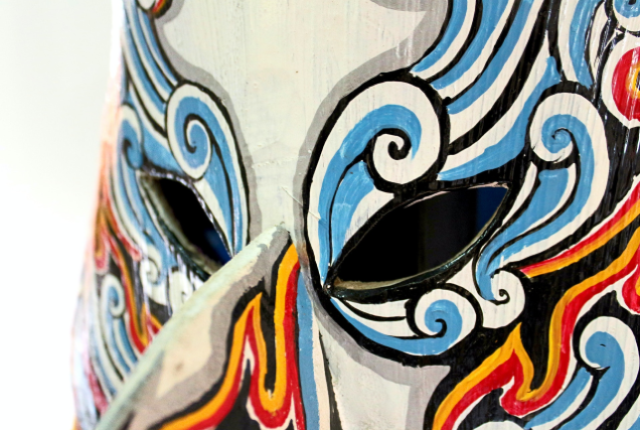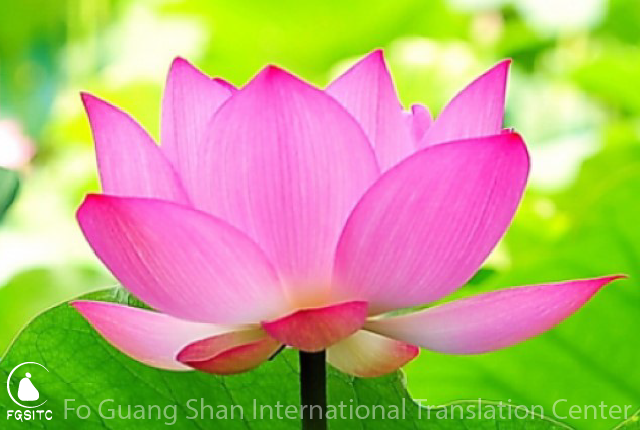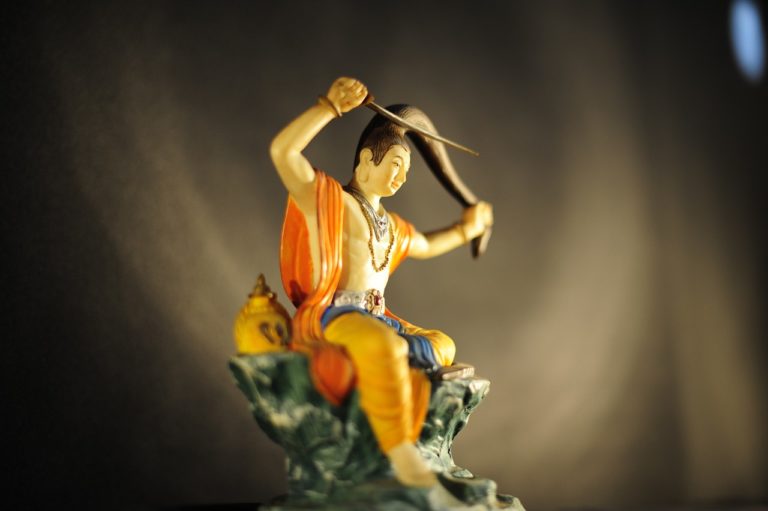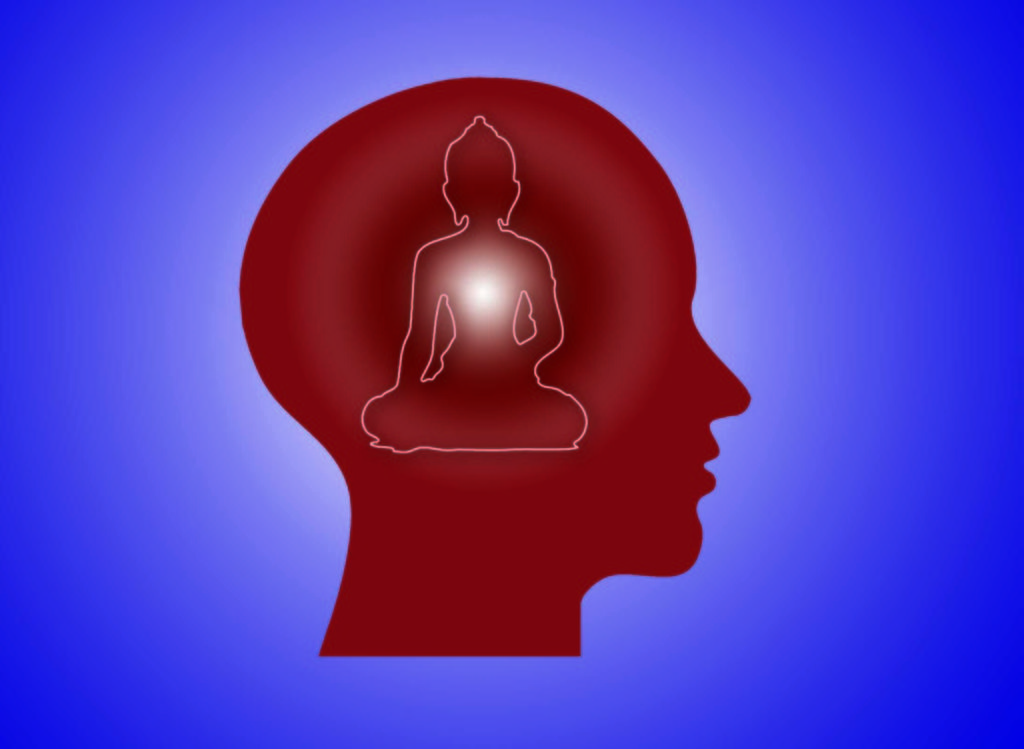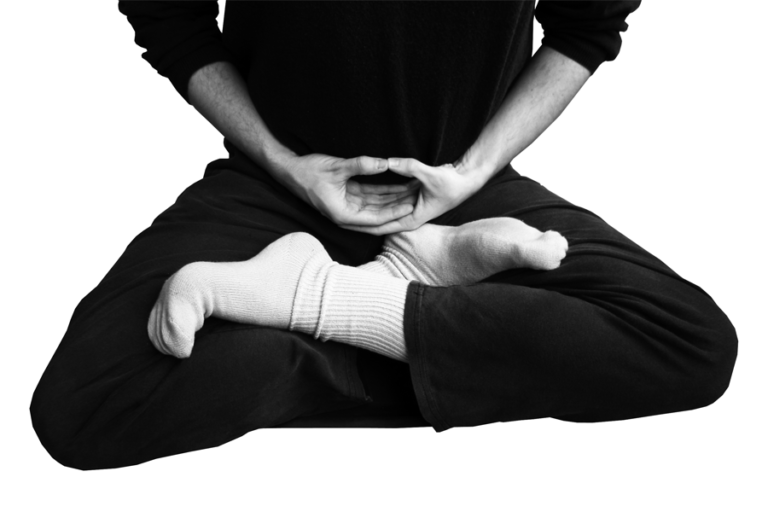Some people may think it is strange that in this scientifically enlightened century anyone would want to talk about ghosts. In the past, even sages avoided the subject of the supernatural if they could. Confucius never spoke about ghosts. At the mere mention of ghosts, frightful images instantly arise in our minds of their pale faces, their wild hair and their sharp fangs. The truth is, however, ghosts generally are not very frightening. In fact, many of them are quite cute. Ghosts are like different types of animals: some of them are as frightening as lions and tigers, while others are as cute as bunny rabbits and as gentle as little kittens.
Buddhism does not teach people to worship ghosts, but Buddhism does recognize that ghosts exist.
The realm of ghosts is one of the six realms of existence among sentient beings. (The six realms are hell, ghost, animal, human, heaven and asura.)
We do not have to deny the existence of ghosts regardless of whether they actually exist or not. We already know there are many different kinds of creatures living alongside us. Birds, fish, insects and animals of all sorts add to the beauty and variety of life here. If there are also ghosts among us, would the world not be that much more interesting? Is it not narrow-minded and arrogant of human beings to deny the existence of life forms different from themselves? People are active during the day and in the early evening. Ghosts are active only late at night. They do not interfere with us, and we do not interfere with them. Is that not a convenient arrangement?
Many people have the mistaken belief that after death, everyone turns into a ghost. Dead bodies frighten many people because they believe the ghost of the body will attach itself to them if they draw too near. Though Buddhism recognizes the existence of ghosts, Buddhism does not teach us that everyone turns into a ghost at death, nor does everyone go to hell. After death, some people may go to heaven and still others are quickly reborn as human beings.
The real ghosts do not always have the power to harm us, and they are not nearly as scary or as evil as is commonly believed. In this world, there are good people and bad people. In the world of ghosts, it is the same. There are good ghosts and bad ghosts. Even though there are bad people in this world, good people outnumber them by quite a lot. It is the same with ghosts. There are some very evil ghosts, but most ghosts are good. People, sometimes, are much worse than ghosts. Human beings sometimes will do things no ghost would ever consider doing.
Evil ghosts capable of harming human beings do exist, but if we are moral and kind throughout our lives, they can do us no harm. There is a Chinese saying that applies well here: “If we do no evil during the day, we need not worry about evil ghosts knocking on our doors at night.”
The ghosts outside of us are not nearly as frightening as the ghosts inside of us.
Once there was an old monk who was just sitting down to meditate when a ghost with unkempt hair and wild eyes appeared before him, trying to disturb his peace of mind. The old monk looked at him and said, “Oh my, what is this? What a mess! Look at that hair, and those eyes! You are really in no shape to be visiting people!”
When the ghost saw that he had failed to frighten the monk and was being admonished instead, he screwed up his face, bared his sharp teeth and stuck his long tongue far outside his mouth.
The monk simply replied, “What is so great about that? Your face is the same as mine; it is only a little paler and your teeth are sharper and your tongue is longer. That is all.”
When the ghost saw that once again he had failed to scare the old monk, he changed his appearance further. He made his eyes and his nose disappear. Then he made his hands and feet disappear. However, the monk stayed the same, behaving as if nothing special were happening.
“My, you are pitiful!” he said. “You have no eyes, nose, hands or feet. I really feel quite sorry for you!”
With this response, the ghost at last gave up trying to scare the monk and disappeared. When the old monk saw the frightful appearance of the ghost, all he felt was compassion for him for having accumulated such bad karma to be turned into a ghost.
In the face of compassion, all perverse and evil forces melt into nothingness.
We all know that people fear ghosts, but, actually, ghosts fear people much more than people fear ghosts. When ghosts see people, they run as far away as they can. They behave the same way wild animals do when they see people: they run and hide. Ghosts never come out during the day; they always wait until nighttime because they fear people so much that they come out only when the fewest people are around. Once this is understood, seeing a ghost should not be a cause for panic.
From Ghosts and the Afterlife, written by Venerable Master Hsing Yun.

